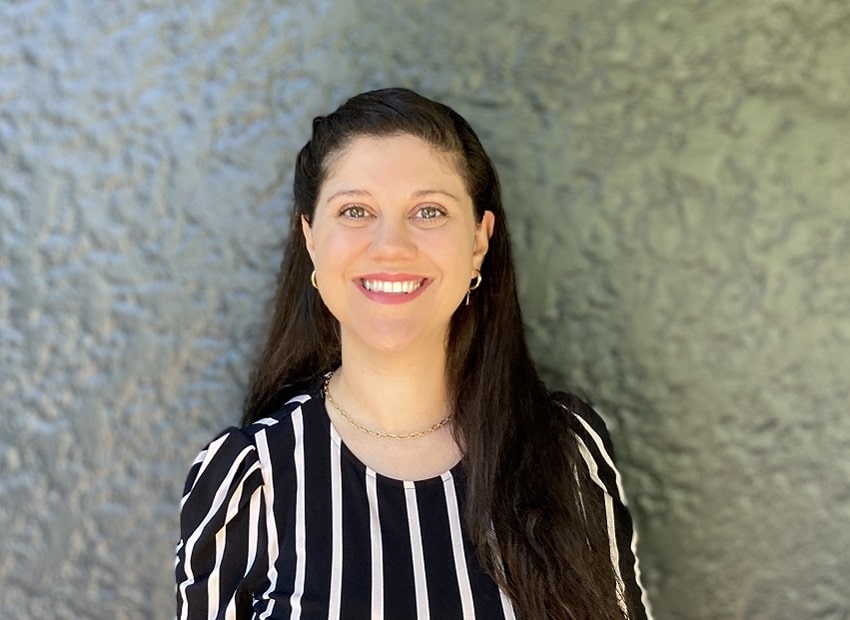Tips on the College Search Process for Students with Disabilities
If you’re a student with disabilities, your college search process entails identifying schools that meet your preferences for academic, social, and financial factors, as well as researching the support services that will empower you to succeed. This blog post is meant to serve as a tool as you research accommodations and other disability support services.
College Disability Support Services: What to Know
Colleges are not legally bound to implement the accommodations noted in your IEP or 504 in the same way K-12 schools are. However, the Americans with Disabilities Act (ADA) requires all public and private institutions of higher education to offer equal educational access by providing accommodations and disability services to their students. What support looks like at each college or university can vary dramatically, though. While researching and visiting colleges, be sure to learn about each school’s Office of Disability Services (ODS), Office of Accessibility Services, or Academic Support Center (the names of support centers varies). Visiting the ODS is a helpful way to gain firsthand knowledge about the services you could receive at that college. If a visit isn’t possible, try connecting with a member of the ODS staff by phone or email. The staff’s responsiveness to your questions can provide insight about that office’s overall support and accessibility.
Be aware that the cost and selectivity of specialized support service programs can vary greatly as well. Many programs require additional fees on top of tuition, room, and board. They often have additional application processes, too. Be sure to identify the application deadlines and costs of these programs. The to-do list, questions to ask, and resources below are intended to offer you next steps during your research and application process.
To-Do List
- Make sure your IEP, 504, or other documentation is updated (preferably renewed during your senior year of high school). While colleges are not required to implement the accommodations noted in your IEP or 504, having this documentation can be a helpful start for your conversation with ODS staff.
- Regardless of your IEP/504 status (and especially if you were recently diagnosed and do not have an IEP or 504), ensure your diagnoses are documented by a licensed physician or healthcare practitioner, as this will likely be required to procure services.
- Make a list of the accommodations that have functioned well for you in the past and crosscheck this list with what is offered at your colleges and universities of interest. Accommodations often include: extended time, assistive technology, note-taking services, priority course registration, small group exam settings, priority housing selection, and consultations with campus nutritionists/specialized meals.
- Create a ranking system that includes your criteria for accommodations and services. Rank the schools on your list as you conduct your research.
- Check in with your school counselor about colleges and universities that may have programs well suited to your accommodation requirements.
- Before doing a visit (virtual or in-person), make sure you have a notebook or recording device to note pros/cons and details of the individual school’s support programs and accommodations.
- Visit each college’s ODS website (and remember, the name of these offices varies from school to school). This is an ideal starting point to discover what types of accommodations and services are available at the college.
- Reach out directly to the ODS for a meeting or phone call to discuss your questions.
- Get a sense of your financial fit when it comes to programs and be prepared to inquire about cost and application deadlines.
- Where is the ODS? How large and diverse is the staff? May I visit the ODS on a tour or speak to someone to have my questions answered by a staff member?
- What types of accommodations are currently offered? What does the process of registering for services entail?
- What documentation is required to attain services?
- Is there an additional application for the support program of interest? If so, what are the requirements and when are the deadlines?
- What (if any) are the additional costs for services?
- May I speak to a student who currently uses the services provided at your school?
- Can you tell me more about other services available such as one-on-one tutoring, counseling, and peer support? What do those services look like at your school?
- Review the physical layout of the campus. How wheelchair accessible are the dorms, cafeteria, and academic buildings? Are there Epi Pens, AEDs, and/or other medical devices located in key areas? Are necessary services like doctors’ offices, pharmacies, physical therapy offices, and hospitals nearby?
- Active Minds College Mental Health Club
- ADDitude Magazine
- Americans with Disabilities Act
- The College Autism Network (includes a search tool)
- Dyslexia Help
- FARE (Food Allergy Research and Education; includes a college search tool)
- National Center for College Students with Disabilities
- Understood
- U.S. Department of Education






